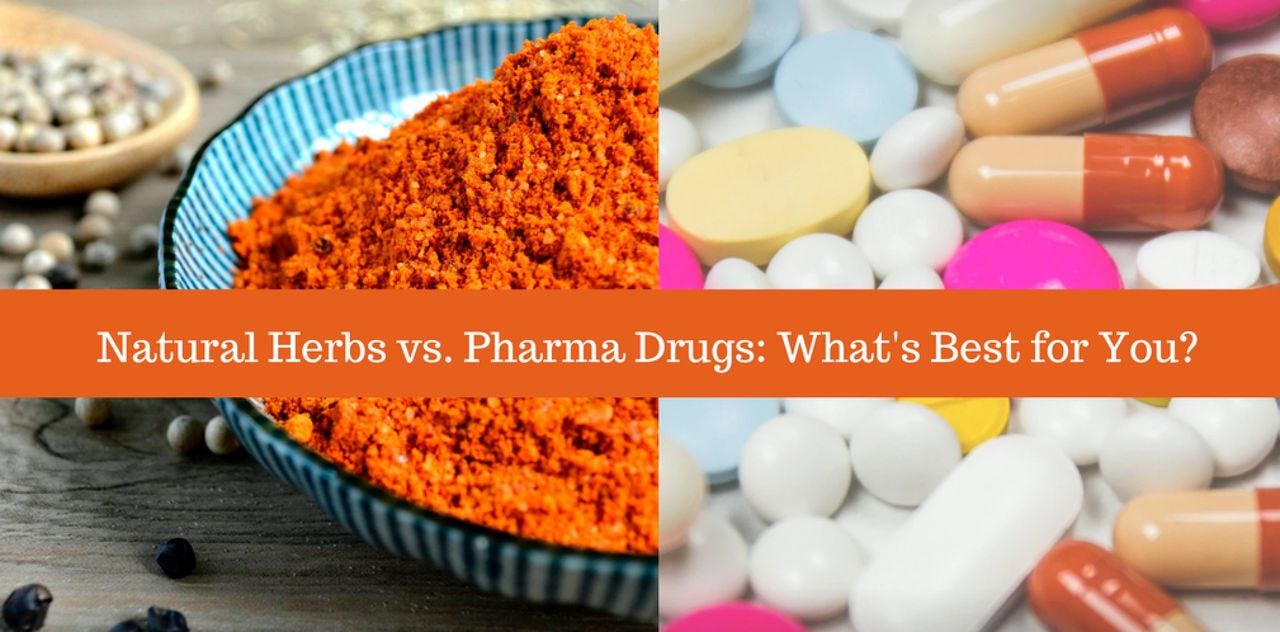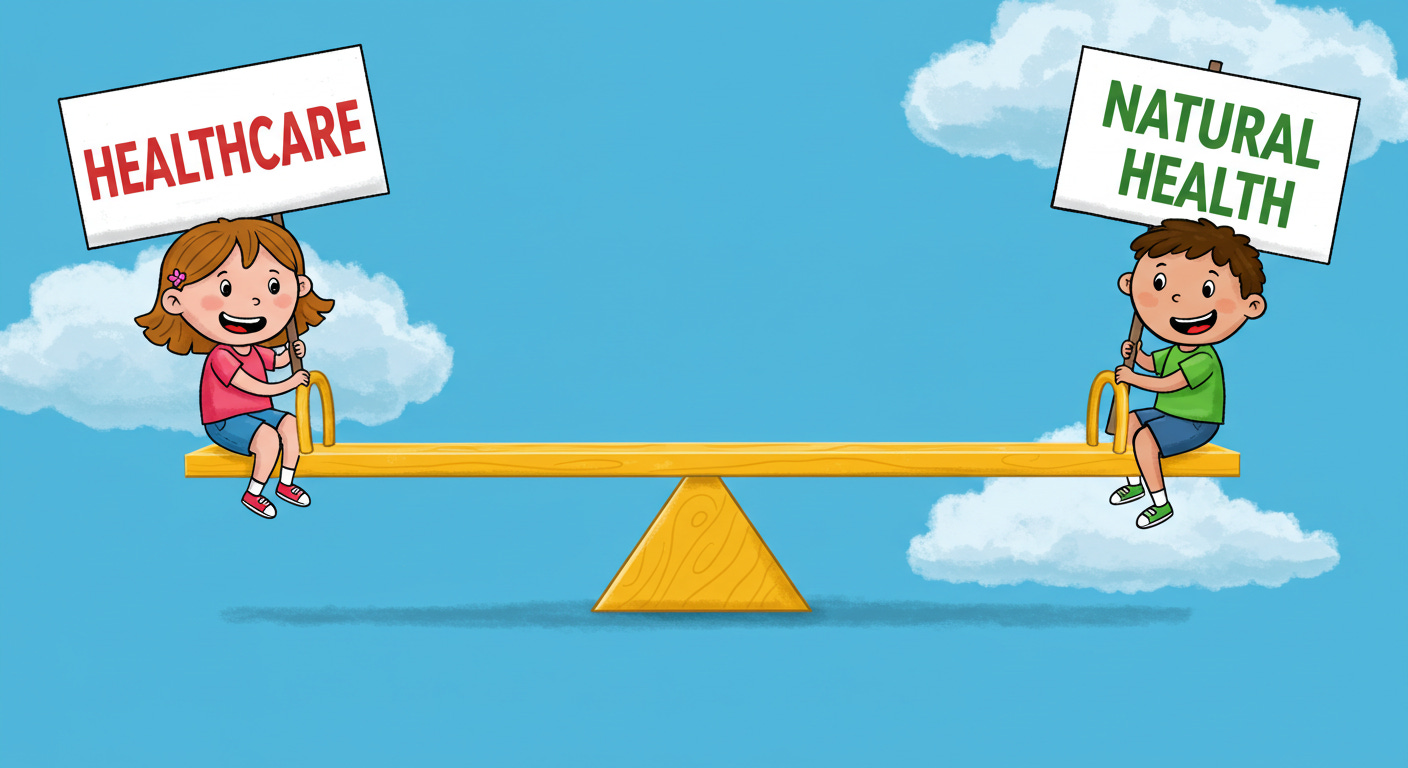The Emperor Has No Clothes!
An Examination of Natural Health vs. Orthodox Medicine
The US healthcare system is said to be among the finest in the world, but it’s a suspect assumption given its record on health outcomes. The problem is only getting worse, as the country is now spending 16% of total income on healthcare, a figure that’s projected to exceed 20 percent by 2035. Meanwhile, other developed countries are achieving superior healthcare outcomes at a significantly lower cost.
Many of the top causes of death are chronic preventable conditions that can cause significant suffering over time. The result is that more Americans are growing wary about healthcare institutions and general medical practices.
While more than three-fourths of Americans had strong confidence in the medical field in the mid-1960s, currently only 34 percent trust the current system. Medical research is seen as compromised by funding, with key industry players pursuing profits over health.
The U.S. pharmaceutical industry itself has also morphed into a huge profit-driven business with worldwide revenues of $271 billion. It accounts for 10% of the $3 trillion healthcare spending (third behind hospitals and physician spending).
Marcia Angell, M.D., past editor-in-chief of the New England Journal of Medicine, says in her book, The Truth About the Drug Companies,:
“Over the past two decades, the pharmaceutical industry has moved very far from its original high purpose of discovering and producing useful new drugs. Now primarily a marketing machine to sell drugs of dubious benefit, this industry uses its wealth and power to co-opt every institution that might stand in its way, including the US Congress, the FDA, academic medical centers, and the medical profession itself."
So how is that working out?
Here’s a chart showing how badly the United States lags behind international peers in health system performance.
The situation is reminiscent of the tale "The Emperor's New Clothes" by Hans Christian Andersen, where everyone pretends all is fine, while in reality, glaring flaws are evident.
The emperor today is modern medicine, which despite posing as the only solution to what ails us, is failing miserably in stopping chronic diseases. And like the emperor's subjects, many trust the medical system without questioning if it’s doing its job.
Yet the proof is evident in outcomes:
Prolonged wait times for appointments can seriously exacerbate conditions.
Medical errors are the third leading cause of death in the U.S.
Around 100,000 people die every year from adverse medication effects.
Approximately 45% of all Americans (about 133 million people) suffer from at least one chronic disease
Chronic diseases are rampant in the U.S., accounting for 8 out of 10 leading causes of death.
Medication is THE big issue we face today. Adverse drug reactions have become so commonplace, the U.S. Food & Drug Administration (FDA) encourages healthcare practitioners to complete an ADR learning module. ADRs create pain, suffering and a burgeoning drug injury litigation field for lawyers. More than 40 drugs have ongoing lawsuits.
Natural Health
Let’s shift our focus from the challenging state of public health care to the striking contrast of natural health. The benefits of this way of life are tremendous:
Often outperforming pharmaceuticals
Prioritizes prevention
Addresses root causes of illness
Empowers informed choices
Some of the conditions natural health methods can effectively manage include anxiety, chronic pain, high blood pressure, type 2 diabetes, obesity, liver disease, autoimmune conditions, heart disease, asthma, digestive disorders, and chronic fatigue, among others.
The main point is to concentrate on living a healthier life without relying on pharmaceutical crutches. It can be easy to grab a quick fix for our symptoms, but doing so can harm our health in the long run.
To regain real health, we need to focus on a balanced lifestyle, which includes eating good food, exercising regularly, getting enough sleep, and spending time outdoors. This proven approach has been woven into the fabric of human wellness over centuries, providing a deep and lasting sense of health and vitality.
In an era where the costs and dangers of conventional medical treatments continue to rise, the appeal of a “natural” lifestyle is only going to keep intensifying. It may take a little more effort than popping a pill, but in the end, you’ll not only live longer; you’ll live better on the path to a richer, more fulfilling life.
Your presence here is greatly valued, and that’s why all our articles are free on this site. But if you've found the content beneficial, please consider supporting it through a cost-effective paid subscription. This plays a vital role in covering operational costs and supports the continuation of this independent, unbiased research and journalism work. Thanks so much!
If shy about commitments, feel free to leave a one-time tip!





